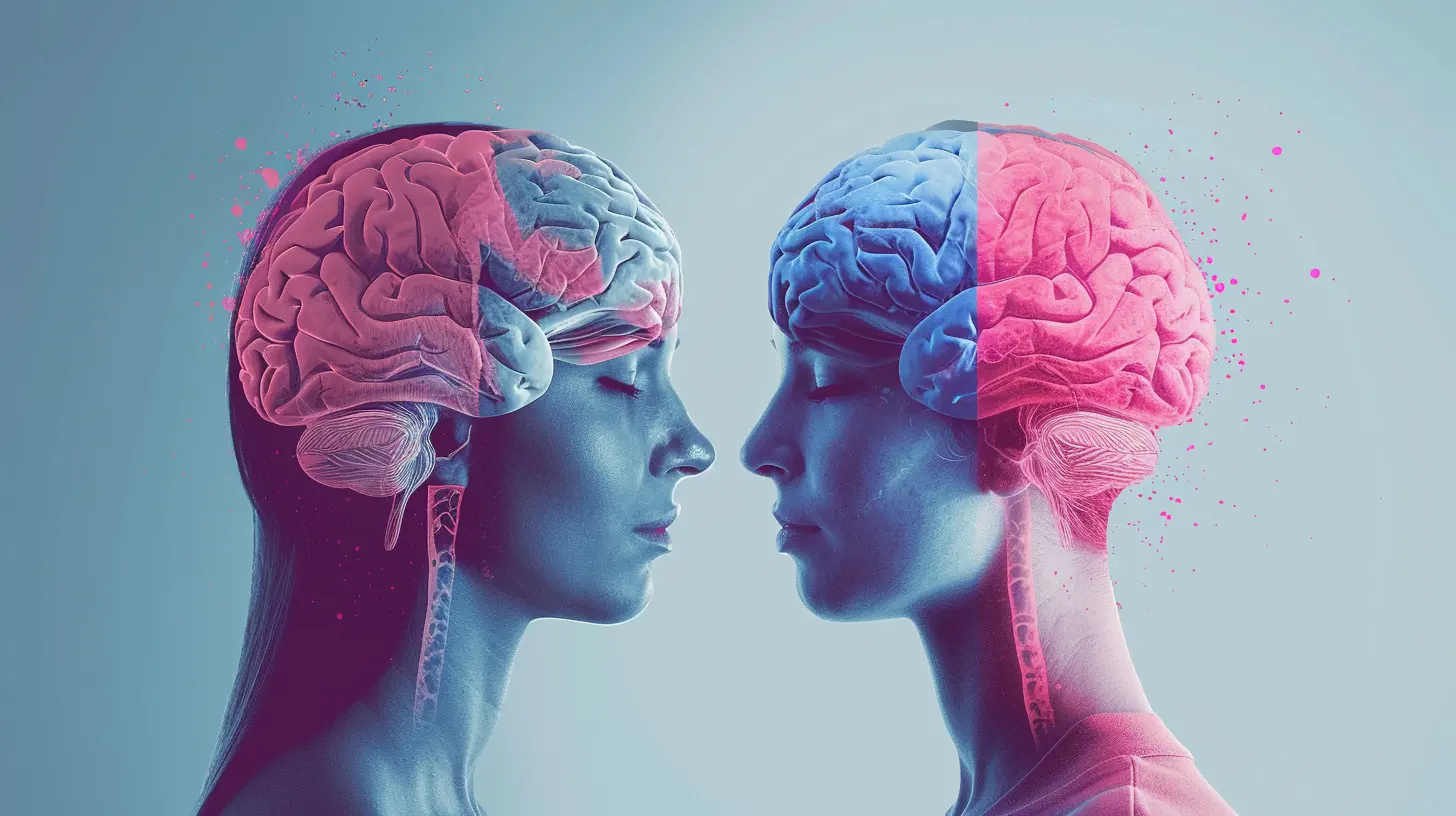The Benefits of Bilingualism for Brain Health
21 August 2025
Being bilingual is often seen as an impressive skill, a way to connect with different cultures, or even a boost to career opportunities. But did you know that speaking more than one language can actually enhance brain health? Yep, it’s true! Bilingualism does more than just help you order food in another country—it can reshape your brain, sharpen your mind, and even protect against cognitive decline.
Let’s dive deep into the fascinating ways bilingualism benefits brain health.

Cognitive Benefits of Speaking Multiple Languages
1. Improved Memory and Retention
Learning and using multiple languages forces your brain to store, recall, and process words in different languages—a mental workout that strengthens memory. Research suggests bilingual individuals often outperform monolinguals in memory tests.Think of your brain like a muscle. Just as exercising strengthens your body, constantly switching between languages builds a more robust memory system. Whether it's remembering shopping lists, names, or facts, bilingualism gives your memory a serious edge.
2. Enhances Problem-Solving and Multitasking
Speaking two or more languages enhances executive functions—the brain’s control system responsible for problem-solving, attention switching, and task management.Bilingual individuals are used to switching between languages depending on the situation. This ability to switch gears so frequently improves multitasking skills in everyday life. Imagine your brain is like a well-trained traffic controller, managing multiple tasks at once with ease.
3. Stronger Cognitive Flexibility
Bilingual brains adapt more efficiently to new information. This is because learning a second language requires flexibility—constantly choosing the right words, recognizing language nuances, and shifting between different linguistic structures.This flexibility extends beyond languages, allowing bilinguals to adapt to new challenges, whether in academics, the workplace, or learning new skills.

Bilingualism and Brain Structure
4. Increases Gray Matter Density
Studies show that bilingual people have more gray matter in their brains, particularly in areas related to language, cognition, and executive function. Gray matter consists of densely packed neurons, responsible for processing information and making connections.This means a bilingual brain is structurally different—and in a good way! The increased density in key brain areas enhances overall cognitive function.
5. Strengthens Neural Connections
When you speak more than one language, your brain is constantly reinforcing neural pathways. Think of it like upgrading from a dirt road to a superhighway—your brain processes information faster and more efficiently.By frequently switching between languages, bilinguals keep their brains engaged, improving overall mental agility and responsiveness.

Bilingualism and Mental Health
6. Delays Onset of Dementia and Alzheimer’s
One of the most powerful benefits of bilingualism is its ability to delay cognitive decline. Research has found that bilingual individuals show symptoms of Alzheimer’s and dementia 4–5 years later than monolinguals.Why? Because switching between languages acts as a mental workout, building cognitive reserves that protect against age-related brain diseases. It’s like adding extra fuel to extend your brain’s lifespan.
7. Reduces Stress and Improves Emotional Well-Being
Speaking multiple languages can reduce stress and improve emotional resilience. When people can express themselves in more than one language, they often experience better emotional regulation and self-expression.Moreover, bilingual individuals have access to different cultural perspectives, making them more adaptable and open-minded. This openness fosters better mental health and emotional intelligence.

Educational and Career Advantages
8. Boosts Academic Performance
Children who grow up bilingual often perform better in standardized tests, particularly in problem-solving, reading comprehension, and mathematics.Since bilingual kids practice mental flexibility from an early age, they tend to develop strong analytical and comprehension skills. This gives them an academic advantage over their monolingual peers.
9. Enhances Career Opportunities
Employers highly value bilingual employees. In today’s globalized world, companies seek individuals who can communicate with diverse clients and navigate multicultural environments.Bilingualism isn’t just a resume booster—it can lead to better job prospects, higher salaries, and more opportunities to work abroad.
Social and Emotional Benefits of Bilingualism
10. Improves Communication and Empathy
Understanding and speaking multiple languages improve interpersonal skills. Bilinguals tend to be better listeners and more empathetic because they are constantly aware of different cultural nuances in speech and communication styles.This means bilinguals often excel in relationship-building, whether in personal friendships, professional networking, or even conflict resolution.
11. Encourages Cultural Awareness
Speaking multiple languages provides a unique window into different cultures, helping bilingual individuals appreciate and understand diverse perspectives.This cultural awareness fosters open-mindedness, adaptability, and a deeper connection with people across different backgrounds. In a world that’s becoming increasingly interconnected, this is an invaluable skill.
The Challenges of Bilingualism (And How to Overcome Them)
Of course, bilingualism isn’t without its challenges. Some people worry about language interference, where words from one language slip into the other. Others fear that learning two languages may confuse children.However, research debunks these myths. Language interference is natural and actually demonstrates cognitive flexibility. As for children, studies show that bilingualism strengthens their cognitive development rather than hindering it.
The key is consistent practice—using both languages regularly strengthens fluency and minimizes confusion.
Final Thoughts
Bilingualism is much more than just a way to communicate—it’s a powerful tool for brain health. From improving memory and cognitive function to delaying dementia and enhancing problem-solving skills, the benefits are undeniable. Plus, it opens doors to new opportunities, both academically and professionally.So, if you’re thinking about learning a new language, go for it! It’s an investment not just in your communication skills, but in your brain’s long-term health.
all images in this post were generated using AI tools
Category:
Language LearningAuthor:

Madeleine Newton
Discussion
rate this article
1 comments
Galina McGeehan
Oh great, just what I needed—an excuse to juggle two languages while my brain gracefully declines to multitask! Who knew that tripping over verb conjugations could actually be a brain workout? Sign me up for the cognitive gym!
August 29, 2025 at 3:46 AM

Madeleine Newton
Absolutely! Bilingualism may feel challenging, but it truly strengthens cognitive skills and enhances mental agility. Welcome to the brain gym!


